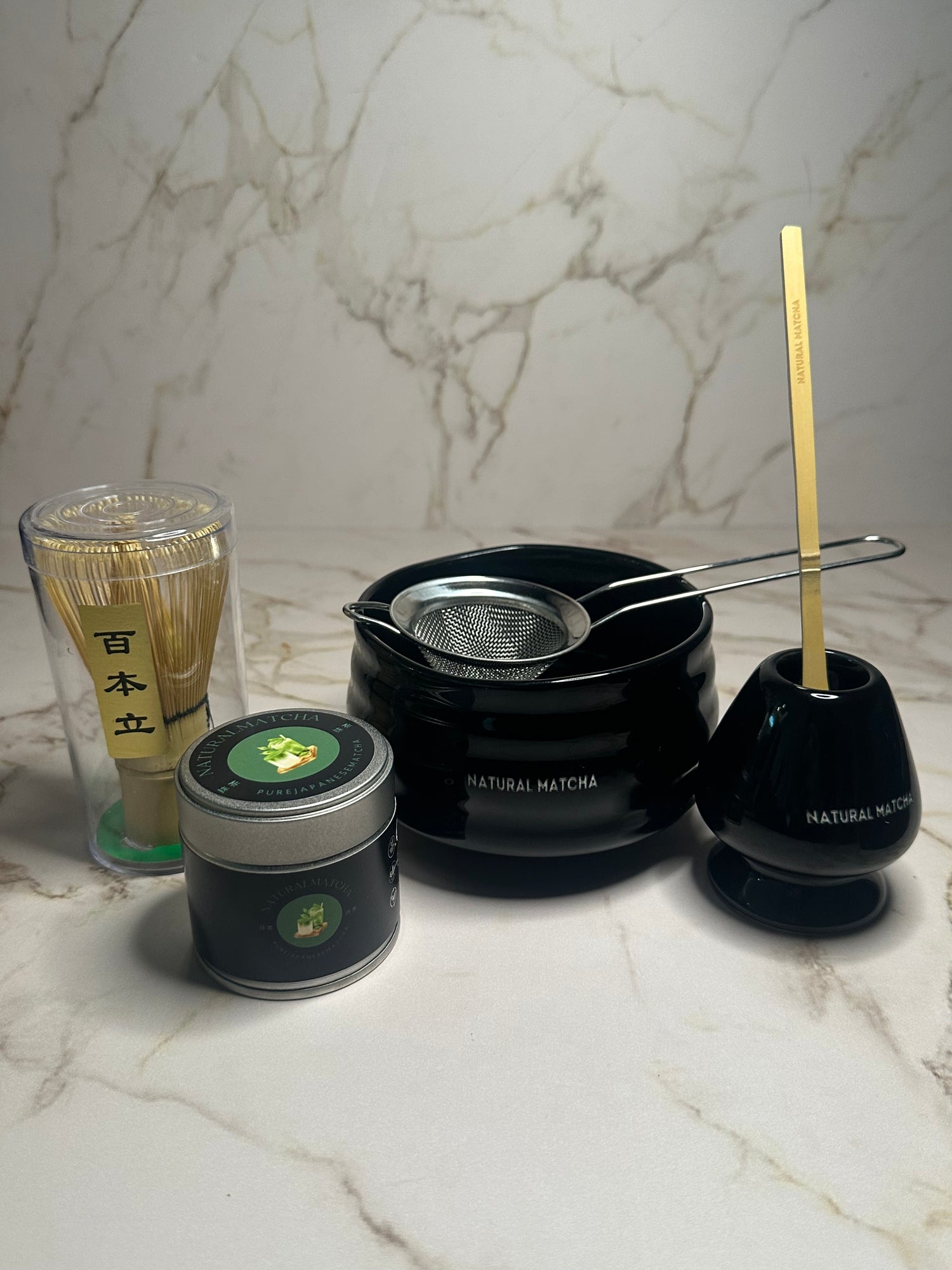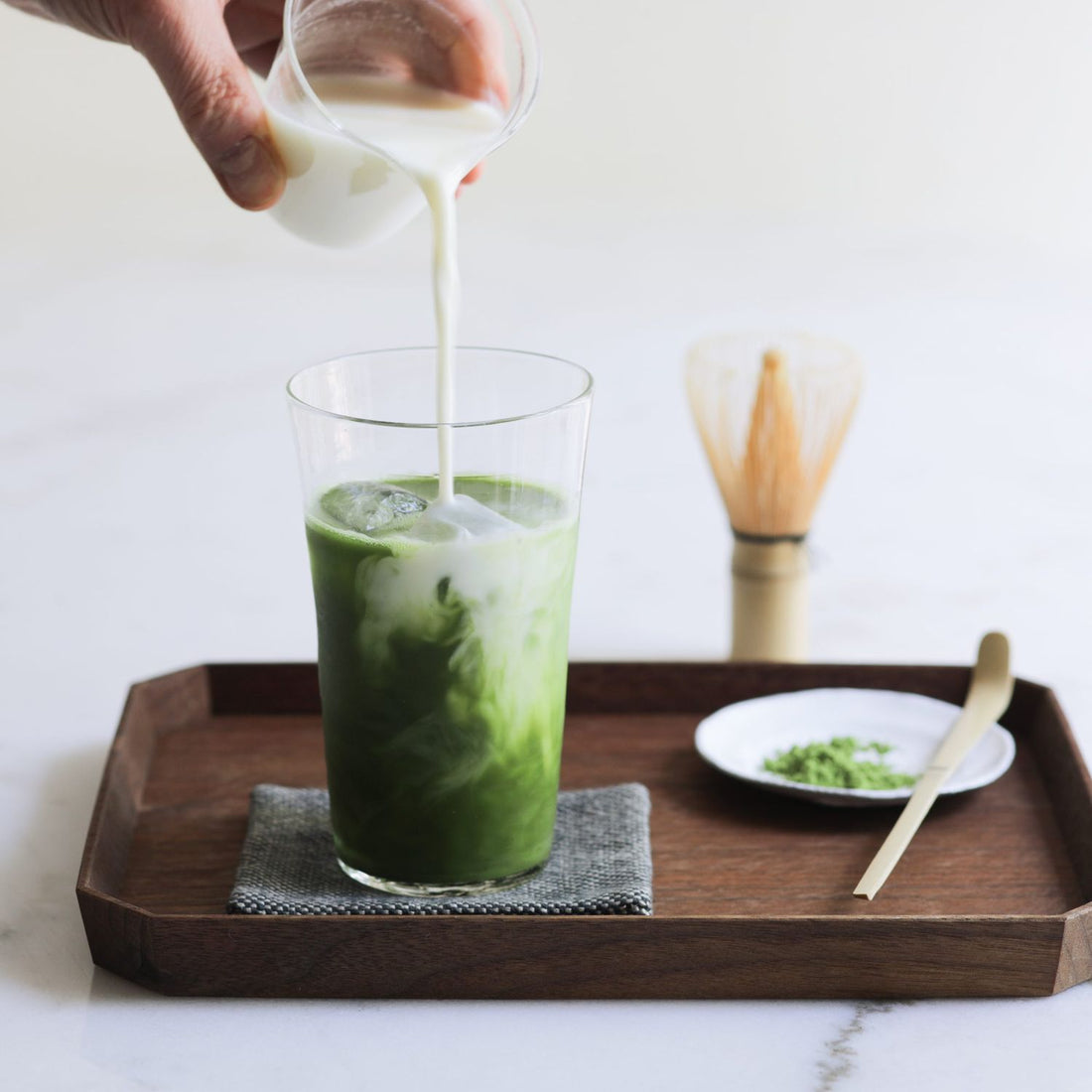Matcha is absolutely amazing and beneficial - Lets discover the benefits!
- Matcha naturally contains helpful antioxidants.
- The combination of Caffeine and L-theanine in matcha can provide a calm yet alert and calming feeling. Unlike the jittery buzz of coffee, many report feeling a better sense of focus. Improves brain function greatly.
- One antioxidant found in matcha, EGCG, has been displayed to help assist towards a healthy metabolism and aids in weightloss.
- Matcha has been found to clear skin.
- Matcha also contains fiber, chlorophyll and vitamins & MORE
High In Antioxidants
Matcha is rich in catechins, a class of plant compounds in tea that act as natural antioxidants. Antioxidants help stabilize harmful free radicals, compounds that can damage cells and cause chronic disease.Matcha is grown in the shade. When the leaves are harvested, the catechin content is lower than in other types of green tea. However, when you dissolved in water, it produces 3 times more.One study showed that giving mice matcha supplements reduced damage caused by free radicals and enhanced antioxidant activity.Including matcha in your diet could increase your antioxidant intake, which may help prevent cell damage and lower your risk of several chronic diseases.
Improves Brain Performance
Some research shows that several of the components in matcha could help enhance brain function. One study in 23 people looked at how people performed on a series of tasks designed to measure brain performance.Some participants consumed either matcha tea or a bar containing 4 grams of matcha, while the control group consumed a placebo tea or bar.Those that consumed matcha showed improvements in attention, reaction time, and memory compared with those consuming the placebo.Another small study showed that consuming 2 grams of green tea powder daily for 2 months helped improve brain function in older people.
Calming Caffeine Effects Unlike Coffee
Matcha has a higher concentration of caffeine than green tea. Depending on the type, brand, and processing, green tea tends to contain around 11–25 milligrams per gram (mg/g), while matcha contains 19–44 mg /g.Matcha also contains a compound called L-theanine, which alters the effects of caffeine, promoting alertness and helping avoid the crash in energy levels that can follow caffeine consumption. Matcha doesn't give you that jittery feeling that comes with coffee.
Weightloss
Green tea is well known for its ability to enhance weight loss often features in weight loss supplements.A 2020 review concluded that, together with dietary measures and exercise, taking up to 500 mg per day of green tea for 12 weeks might reduce body mass index.
Anti-Cancer Properties
Many of the beneficial components of matcha have been researched for their anti-cancer properties. There are extensive cohort studies which examine consumption of green tea and inverse effects of gastric cancers. One such study in Cancer Causes & Control consisting of over 1,400 individuals, found consumption of green tea was associated with lower risk of stomach cancer. Catechins and gallic acid, phytochemicals in matcha, have been used in conjunction with chemotherapy treatments, and have been researched to see if they improve efficacy of certain chemotherapy drugs.
Clear Skin
Matcha powder and green teas are not only good for internal conditions but can be used to improve skin health as well. “Green tea constituents may be useful topically for promoting skin regeneration, wound healing or treatment of certain epithelial conditions such as aphthous ulcers, psoriasis , rosacea and actinic keratosis. A naturopathic physician and avid tea drinker says “compounds such as caffeine and EGCG make matcha the perfect addition to your skincare routine and can be used as a simple face mask to help subdue redness and give your skin a healthy glow.” Drinking matcha daily can also help aid in reducing acne/pimples and give you younger looking skin.
*All information collected from trusted sources.*


